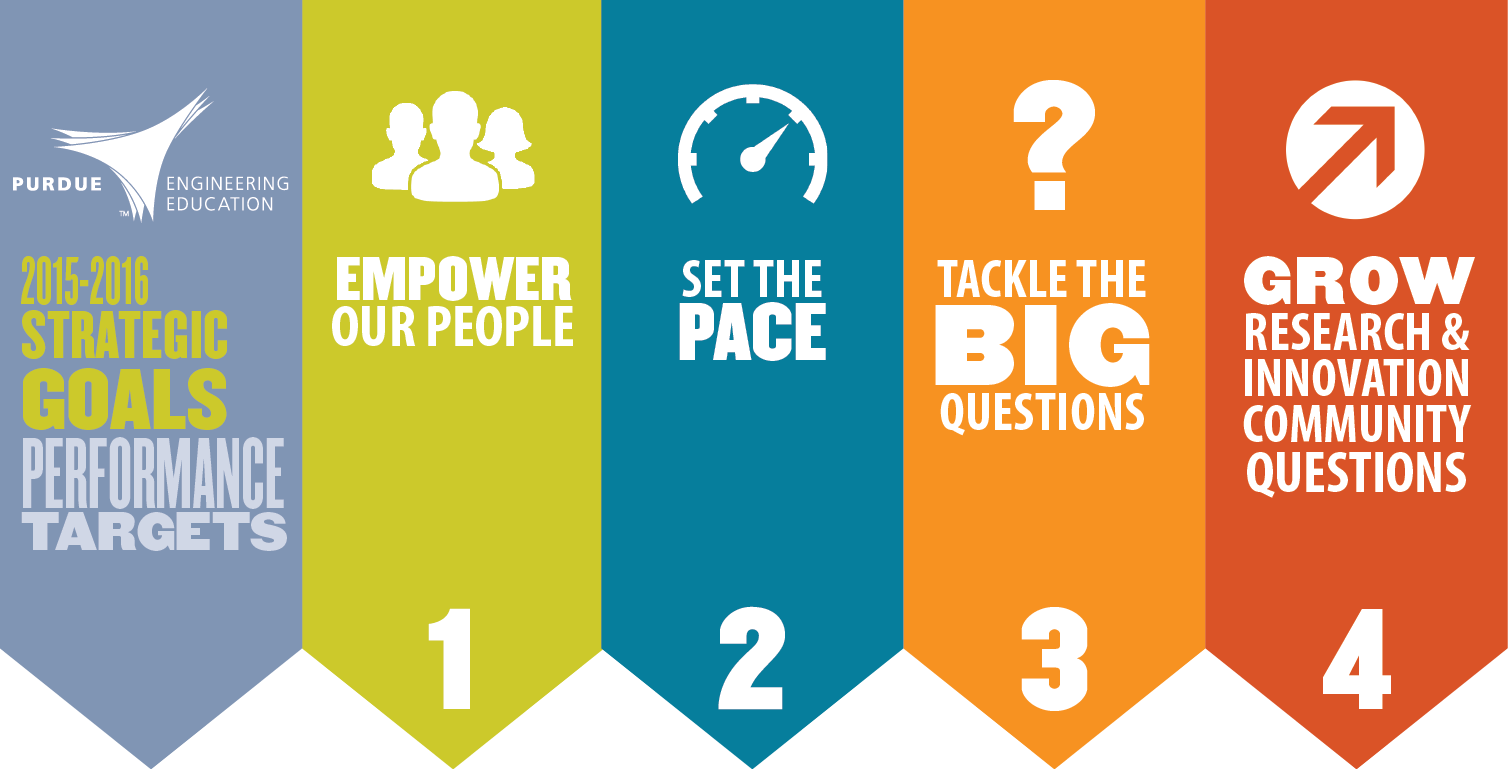Seminar: David Radcliffe, The Year Ahead
| Event Date: | August 27, 2015 |
|---|---|
| Speaker: | Dr. David Radcliffe |
| Speaker Affiliation: | Kamyar Haghighi Head of the School of Engineering Education |
| Time: | 3:30-4:20pm |
| Location: | ARMS 1109 |
| Priority: | No |
| College Calendar: | Show |
Download PDF
Abstract
This seminar will set out a number of performance targets for the 2015/16 academic year under each of the four strategic goals; (1) empower our people; (2) set the pace (in innovative programs); (3) tackle the big (research) questions and (4) grow the broader engineering education research and innovation community questions. These targets emerged out of our annual ENE Advance last May and each has been expanded in the ENE Memo over recent weeks. Pivotal amongst these targets is the search for a new head for ENE. This leadership transition presents a unique opportunity to (a) reflect deeply on our short history and many accomplishments and (b) to imagine where we want ENE to be in the next five or ten years.

The seminar will be an interactive session where attendees are invited to contribute ideas on how we might move ENE forward in preferred ways during this time of transition. This will include discussions on the major challenges we face and more importantly the strategic opportunities we can capture. To stimulate this conversation, a brief review will be presented of the major milestones in the first decade of the School.
Biography
Dr. Radcliffe received B.Eng and M.Eng.Sc. degrees in mechanical engineering from the University of Queensland, and a Ph.D. in bioengineering from Strathclyde University in Scotland. His scholarly interests focus on the nature of engineering as a profession; how it is perceived and practiced, how it is learned especially outside the classroom, and how an engineering identity is shaped. Within this overall theme he has conducted research on the practice of engineering design thinking in a variety of industry settings, the creation and sharing of design knowledge in large and small firms with an emphasis on human-centered design, engineering education as a complex system, the design and evaluation of learning environments, and on ways to foster distributed communities of research practice in engineering education. Prior to joining Purdue in 2007, he taught and researched at various universities in Australia, UK and USA.
Multimedia Links
